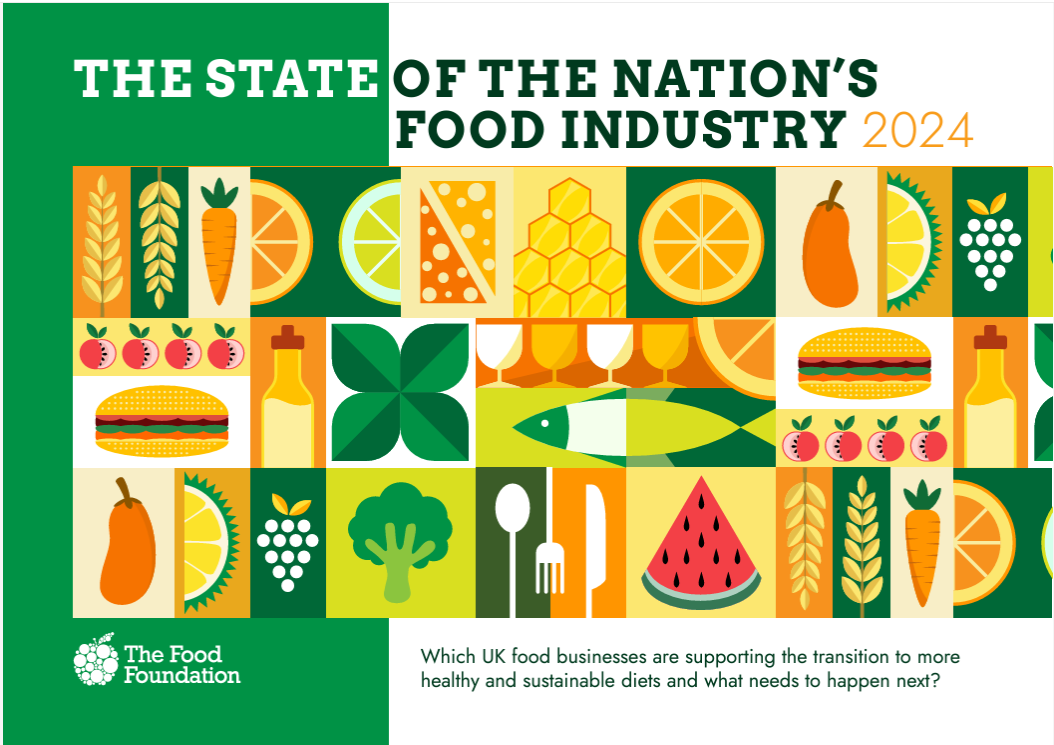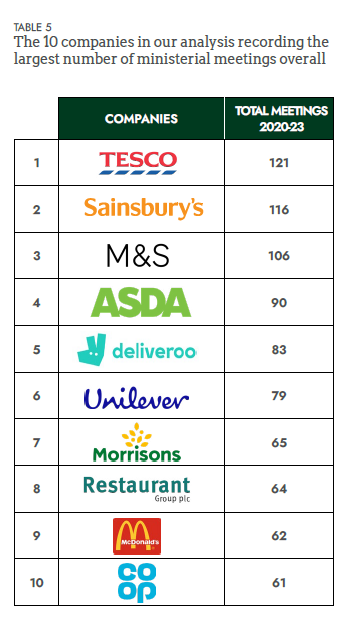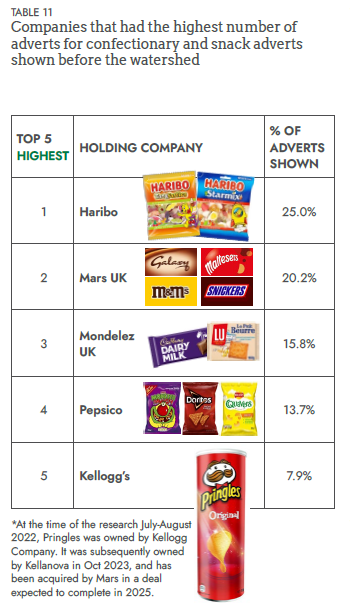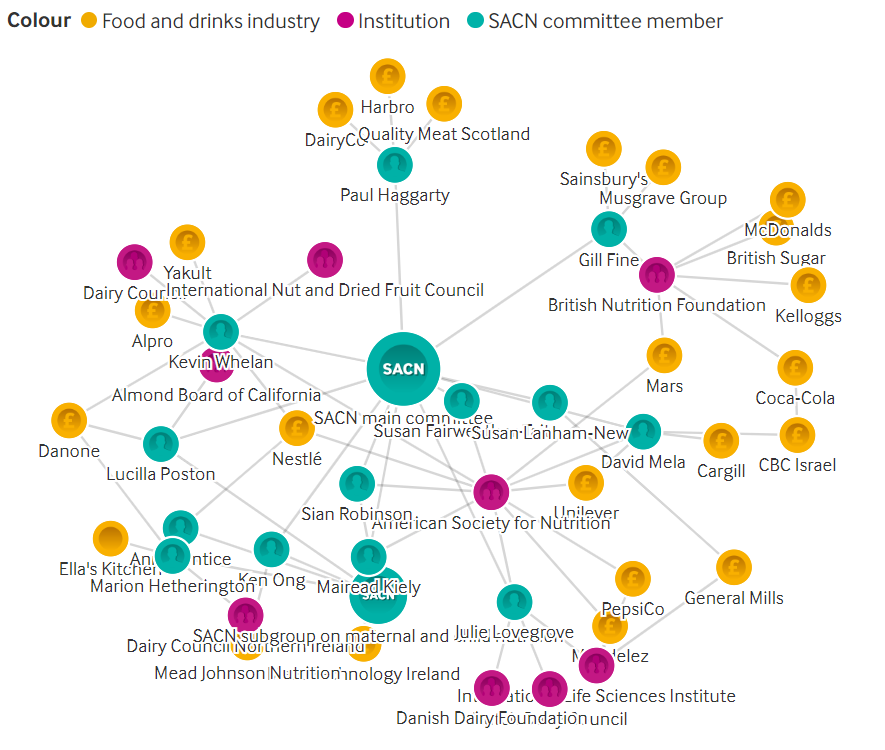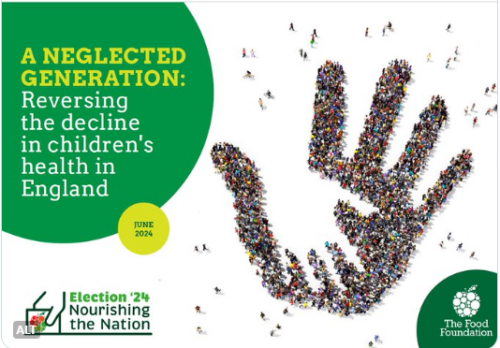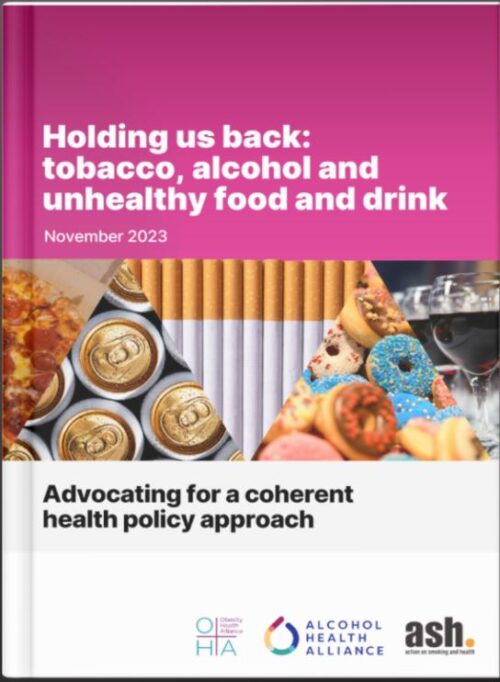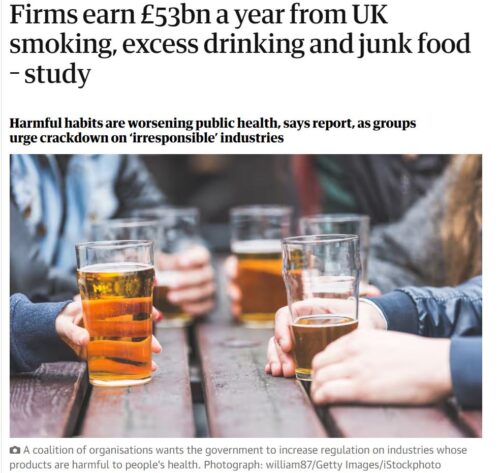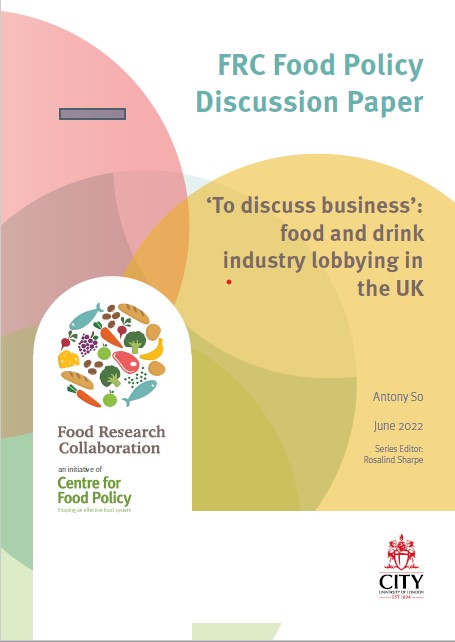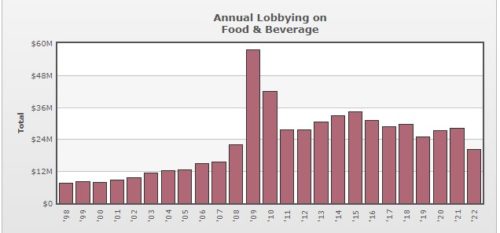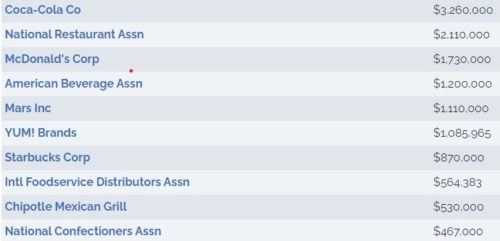The U.K.’s Scientific Advisory Committee on Nutrition (SACN) has released its statement on ultra-processed foods.
It dealt with the NOVA classification system (the one I used in yesterday’s post to define ultra-processed foods). The committee does not like it much.
Assessment beyond the initial screen identified that the literature is currently dominated by NOVA, raising the risk that any limitations or biases present within the NOVA classification system may be replicated throughout the research literature.
While NOVA also met criterion 2 on a clear, usable definition and criterion 4 on the availability of data on inter-assessor agreement, assessment beyond the initial screen dentified less certainty on the clarity, reliability and feasibility of the system.
The SACN’s conclusions:
The SRs identified have consistently reported that increased consumption of (ultra-) processed foods was associated with increased risks of adverse health outcomes. However, there are uncertainties around the quality of evidence available. Studies are almost exclusively observational and confounding factors or key variables such as energy intake, body mass index, smoking and socioeconomic status may not be adequately accounted for.
…In particular, the classification of some foods is discordant with nutritional and other food-based classifications. Consumption of (ultra-) processed foods may be an indicator of other unhealthy dietary patterns and lifestyle behaviours. Diets high in (ultra-) processed foods are often energy dense, high in saturated fat, salt or free sugars, high in processed meat, and/or low in fruit and vegetables and fibre.
…The observed associations between higher consumption of (ultra-) processed foods and adverse health outcomes are concerning – however, the limitations in the NOVA classification system, the potential for confounding, and the possibility that the observed adverse associations with (ultra-) processed foods are covered by existing UK dietary recommendations mean that the evidence to date needs to be treated with caution.
Comment: Kevin Hall et al’s well controlled clinical trial of ultra-processed versus merely processed diets is neither discussed nor cited in this statement. Once again, I have no personal knowledge of how this statement was developed, but the U.K.s Soil Association has published a statement with the provocative title, Sticky fingers of food industry on government ultra-processed food review.
While we’re pleased that SACN has prioritised this review, and has acknowledged that ultra-processed foods are of “concern”, we’re disturbed that the committee’s conclusions may have been skewed by industry ties, conflicted financial interests, and a narrow framing of the science.
…But the committee is also guilty of losing the wood for the trees, failing even to raise concern about how ultra-processed foods have overtaken their own nutritional advice….Most people in the UK are failing to eat such a [healthy] diet, precisely because these foods have been displaced by ultra-processed products. The average child’s diet is more than 60% ultra-processed, and rates of obesity and ill health are rising sharply in turn. …SACN is oddly silent on case for re-balancing the diet and addressing the corporate capture of children’s food.
These omissions should prompt us to look more closely at the composition of the committee. SACN has sixteen members. One is a paid consultant working for Cargill, Tate & Lyle, and CBC Israel (a manufacturer and marketer of fizzy drinks such as Coca-Cola and Sprite); two are in receipt of funding from the meat and dairy industry; one is a shareholder in Sainsbury’s; and five are members of the American Society of Nutrition, which is funded by Mars, Nestlé, and Mondelez. Among SACN’s members is the Chair of International Life Sciences Institute (ILSI) Europe, a body that receives funding from some of the world’s largest food companies, such as Barilla, Cargill, Danone, General Mills, Mondelez, and PepsiCo; and two individuals with financial relationships with the British Nutrition Foundation, an organisation funded by British Sugar, Cargill, Coca Cola, Danone, Greggs, Kellogg, KP Snacks, Mars, McDonald’s, Mondelez, Nestlé, PepsiCo, Tate & Lyle, and Tesco. Two SACN members have been funded by Danone, one of the largest ultra-processed food companies in the world; one sits on the council of the Nestlé Foundation; and another is a former employee of Unilever, with current shares in the company worth “more than £5000”.
These declared interests do not imply corruption or bias on the part of SACN members, but they illustrate how pervasive are industry ties at the interface of science and policy.
